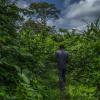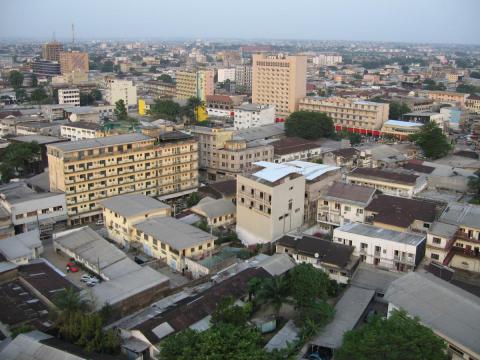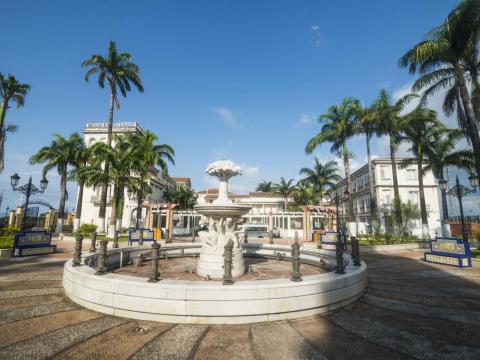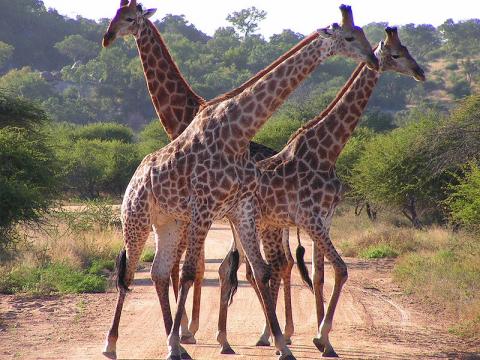Cameroon in a Nutshell
Cameroon (French: Cameroun) is a Central African republic. Cameroon, while not the largest nation in Africa, is in several respects as big as the continent itself. Western tourism is uncommon, but the majority of visitors to the country are from Europe (predominantly Belgium). Cameroon is a multi-ethnic nation with a diverse population. It is known as "Africa in Miniature" because it contains French and English-speaking areas, Muslim and Christian-dominated regions, the tallest mountain in Central Africa, and geography that includes rain forest, desert plains, valleys, and high plateau.
During the Neolithic era, the territory of modern-day Cameroon was first settled. In 1472, Portuguese sailors arrived at the coast. Over the next few centuries, European interests established daily trade with the coastal peoples, and Christian missionaries spread inland. Modibo Adama led Fulani soldiers on a jihad in the north against non-Muslim and partly Muslim communities in the early nineteenth century, establishing the Adamawa Emirate. The migration of settled populations fleeing the Fulani resulted in a significant population redistribution.
In 1884, the German Empire founded Kamerun as a colony and began a steady drive inland. Following Germany's defeat in World War I, Kamerun became a League of Nations mandate territory and was divided into French and British Cameroons in 1919. The French carefully merged Cameroon's economy with that of France, improving infrastructure through capital investments and skilled labor.
From neighboring Nigeria, the British controlled their territory. Natives argued that they were being treated as a "colony of a colony." In 1946, the League of Nations mandates were turned into UN Trusteeships, and the issue of independence became a pressing issue in French Cameroon. On July 13, 1955, France outlawed Cameroon's most extreme political faction, the Union des Populations du Cameroun (UPC). This sparked a lengthy guerrilla war. The issue in British Cameroons was whether to reunify with French Cameroon or join Nigeria.
French Cameroon gained independence from France on January 1, 1960, and on October 1, 1961, the formerly British Northern Cameroons became a part of Nigeria, while the formerly British Southern Cameroons (since renamed Ambazonia) joined with its neighbor to create the Federal Republic of Cameroon.
Last modified on 04/26/2021 - 05:01
Towns
Currently there are no places in Cameroon.
Currently there are no articles about Cameroon.
Currently there are no trip reports about Cameroon.
Currently there are no photo of Cameroon.
Currently there are no videos of Cameroon.





